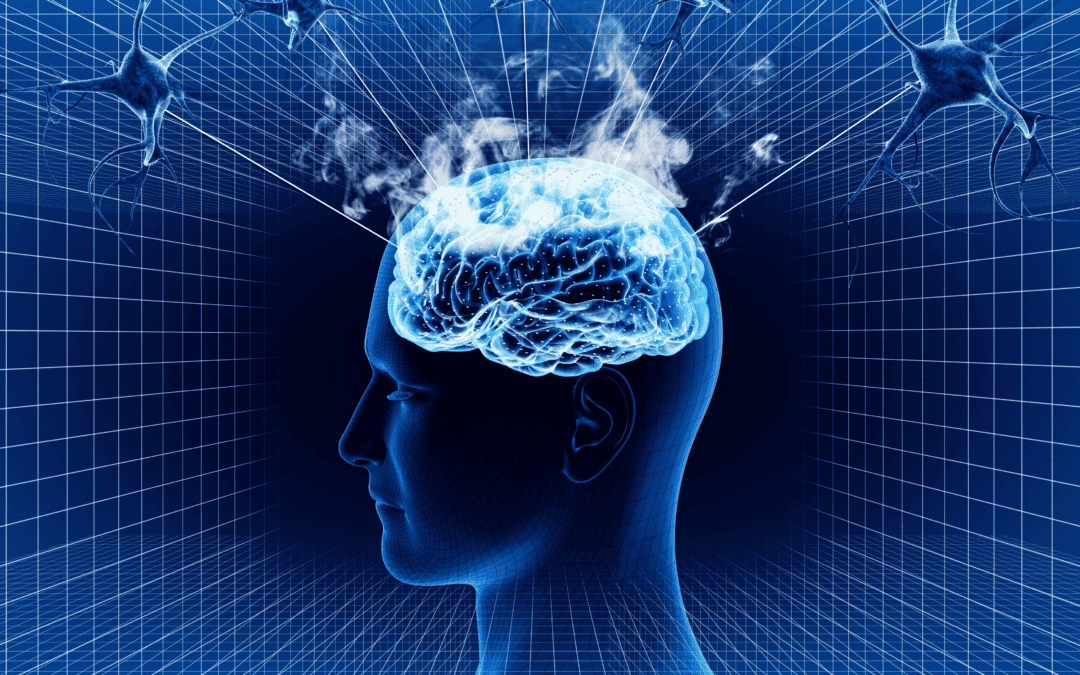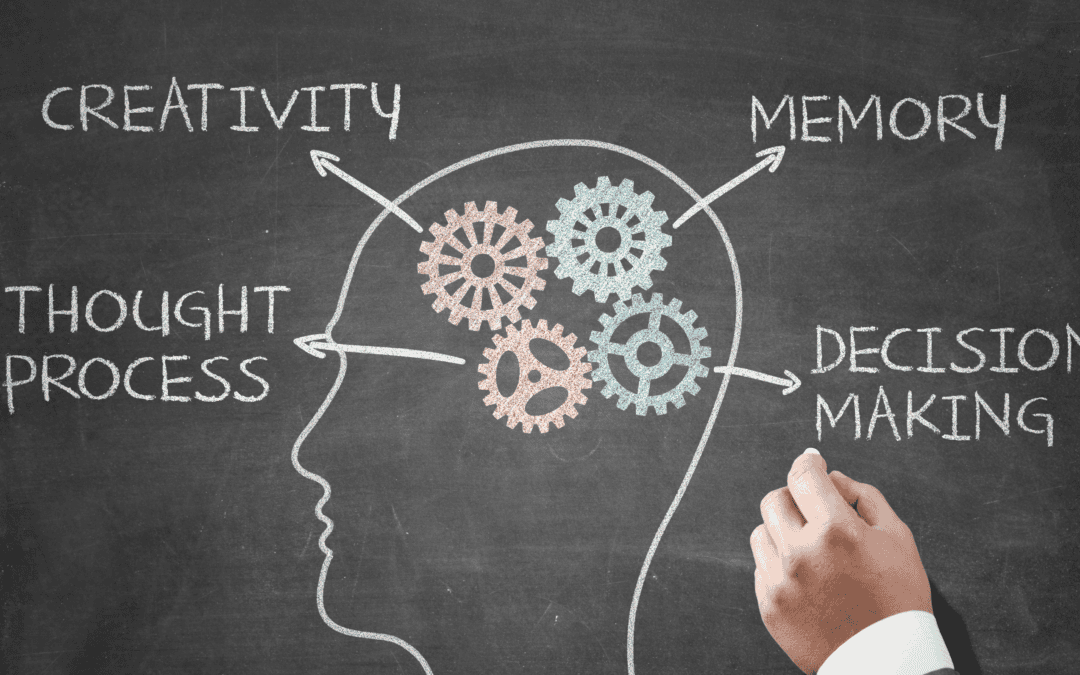
by Nanny Institute | May 5, 2025 | Training and Education
Neuroplasticity refers to the brain’s ability to reorganize and form new neural connections, especially during early childhood. The early years of life are critical for brain development, as experiences shape the architecture of the brain. This article explores how...

by Nanny Institute | Apr 3, 2025 | Training and Education
Research into bilingualism has shown that learning a second language at an early age not only enhances communication skills but also has profound effects on cognitive development. Studies in neurolinguistics reveal that bilingual children outperform their monolingual...

by Nanny Institute | Mar 3, 2025 | Training and Education
Executive functioning refers to a set of mental processes that allow people to plan, focus, remember instructions, and juggle multiple tasks successfully. For children, these skills are crucial for academic success and social interaction. This article will explore how...

by Nanny Institute | Feb 3, 2025 | Training and Education
Free play is more than just fun; it’s a critical part of child development. Play allows children to experiment with their environment, practice social roles, and build cognitive skills. This article explores the academic perspective on how unstructured play...

by Nanny Institute | Jan 6, 2025 | Training and Education
Attachment theory, pioneered by John Bowlby and expanded upon by Mary Ainsworth, emphasizes that early bonds between caregivers and children have a profound impact on a child’s emotional, social, and cognitive development. When a child forms a secure attachment with a...

by Nanny Institute | Mar 5, 2024 | Training and Education
Sibling connections within childhood development are a pivotal weave in a child’s social and emotional fabric. While these relationships offer companionship and support, they can also encounter the challenge of sibling rivalry. Nannies, as custodians of...








Recent Comments